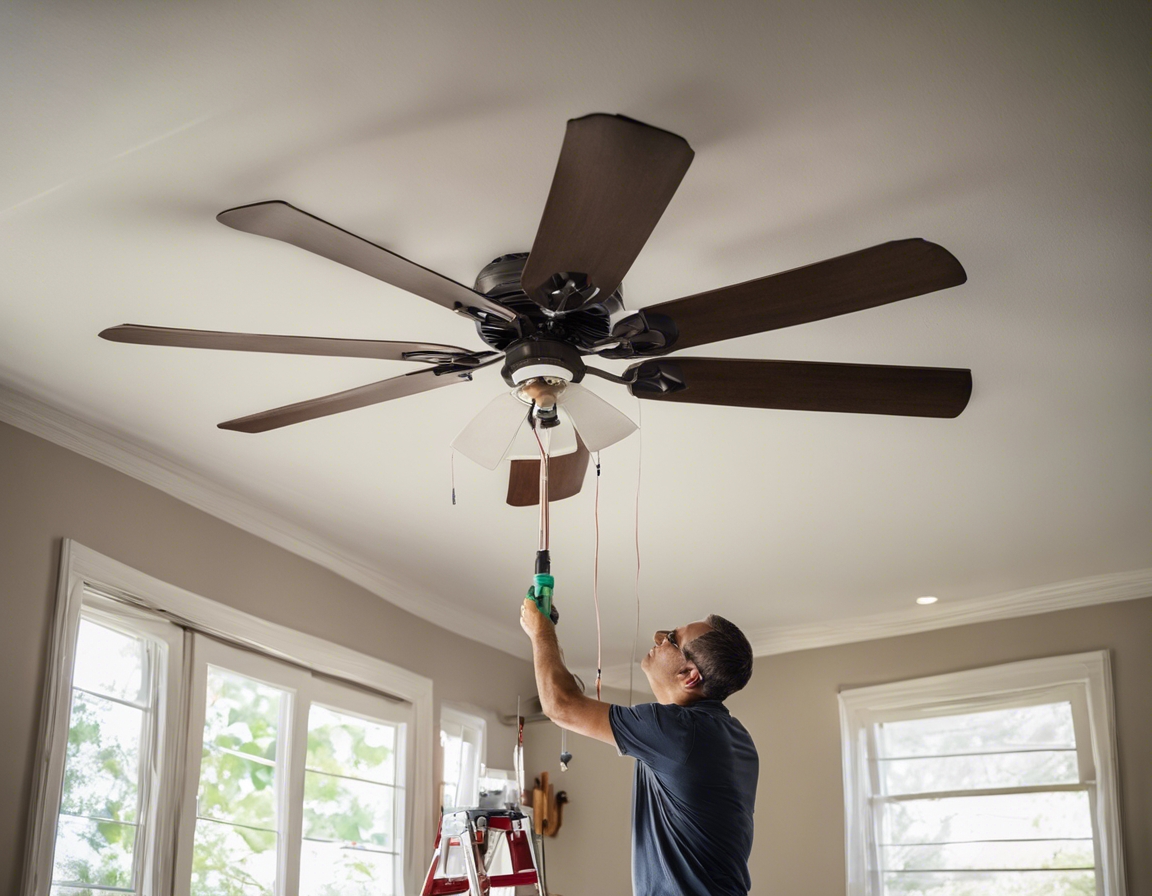How to choose the right air conditioner for your space
When it comes to cooling your space, there are several types of air conditioners to consider: window units, portable air conditioners, split systems, and central air conditioning. Each type has its own set of advantages and is suitable for different situations.
Air conditioners operate by removing heat and humidity from indoor air, using a refrigeration cycle. This process involves an evaporator coil, a compressor, a condenser coil, and refrigerant to transfer heat from inside to outside your space.
Choosing the right size air conditioner is crucial for efficiency, comfort, and longevity of the unit. An appropriately sized unit will cool your space effectively without overworking, leading to lower energy bills and a longer lifespan for the air conditioner.
Assessing Your Space
To determine the correct air conditioner size, you'll need to calculate the square footage of the room. This is done by multiplying the length by the width of the room.
Room characteristics such as ceiling height, window size, and insulation quality can affect the cooling capacity needed. Rooms with high ceilings or poor insulation may require a more powerful air conditioner.
The climate you live in will also play a significant role in choosing an air conditioner. Hotter, more humid climates will demand a unit with higher cooling capacity.
Types of Air Conditioners and Their Ideal Use Cases
Window air conditioners are a popular choice for single rooms and are easy to install. They fit into a window and can be a cost-effective option for small spaces.
Portable air conditioners can be moved from room to room and are ideal for spaces where window units are not an option.
Split systems consist of an outdoor unit and one or more indoor units. They are quieter and more efficient than window or portable units and are suitable for cooling individual rooms or areas.
For larger homes or multiple rooms, central air conditioning systems are the most efficient way to cool. They require a network of ducts and are best installed during the construction phase or as part of a major renovation.
Energy Efficiency and Environmental Considerations
Energy efficiency is measured by the Seasonal Energy Efficiency Ratio (SEER) and the Energy Efficiency Ratio (EER). Higher ratings indicate a more efficient air conditioner, which can save you money on energy bills.
Look for air conditioners with environmentally friendly refrigerants, such as R32 or R410A, and features like programmable thermostats or energy-saving modes to reduce your carbon footprint.
Additional Features to Consider
Modern air conditioners offer smart features like Wi-Fi connectivity, allowing you to control your unit remotely. This can enhance convenience and further improve energy efficiency.
Noise can be a significant factor, especially in bedrooms or quiet areas. Check the decibel levels of the air conditioner to ensure it won't disrupt your space.
Regular maintenance is essential for the longevity and efficiency of your air conditioner. Consider units with easy-to-clean filters and accessible components.
Installation and Professional Assistance
While some air conditioners are designed for DIY installation, others may require professional installation to ensure they operate safely and efficiently.
It's important to choose a reputable contractor for installation and maintenance. Look for certified professionals with experience in air conditioner installation and servicing.






Comments (0)